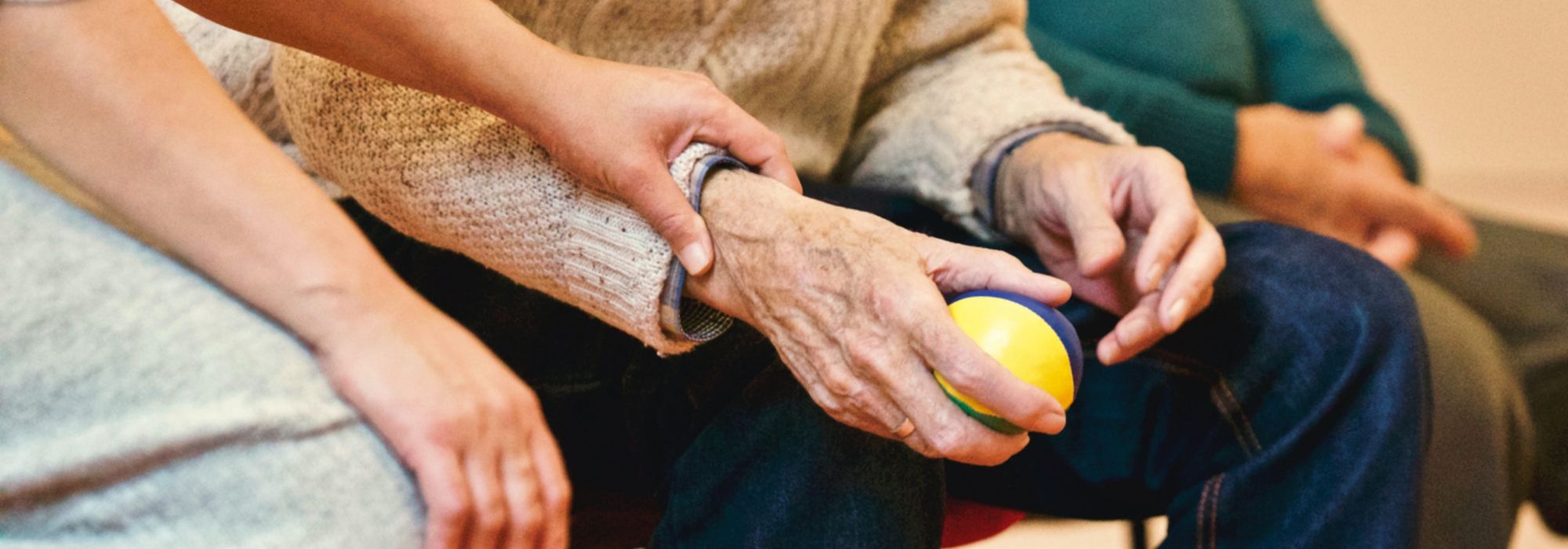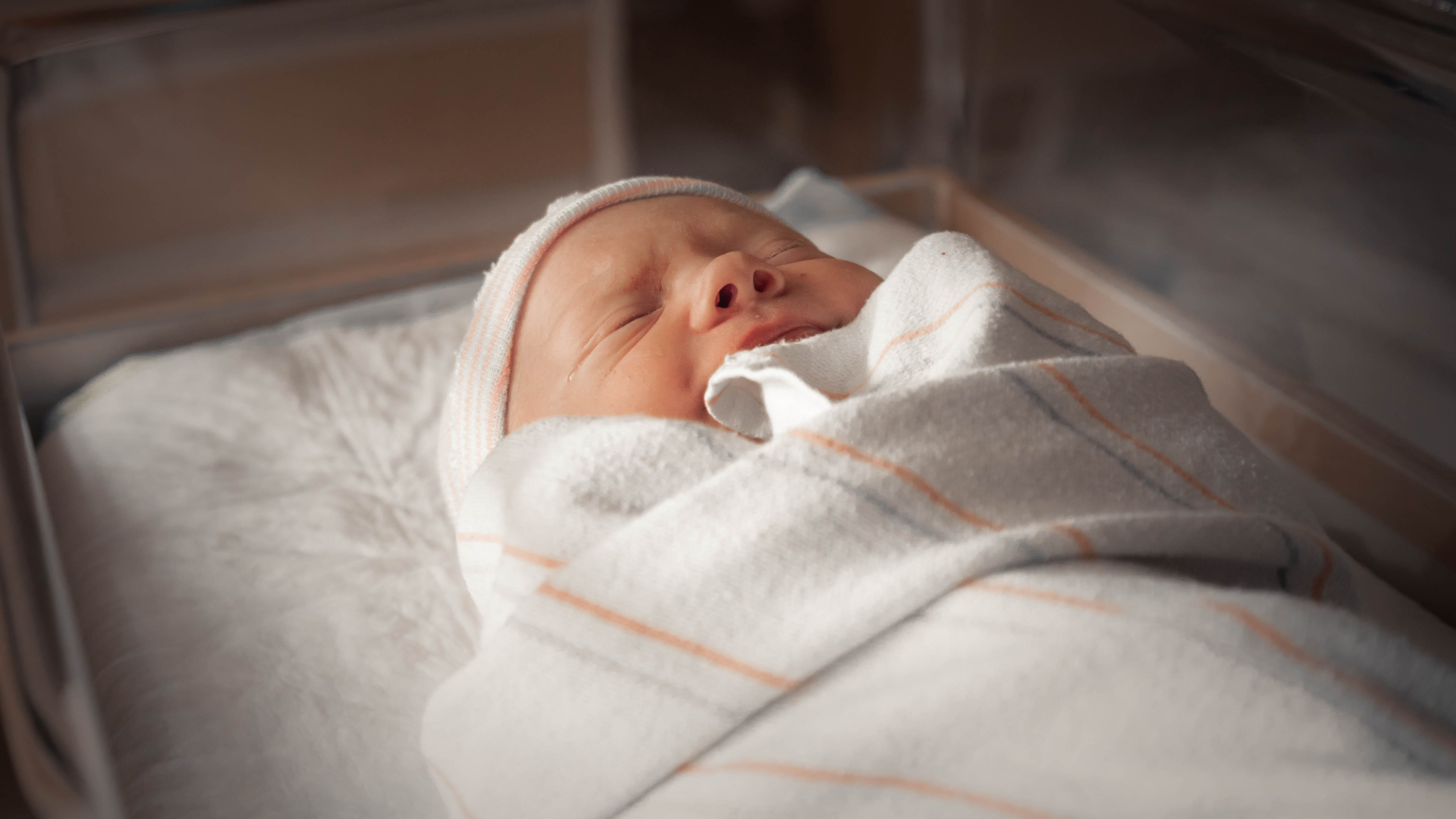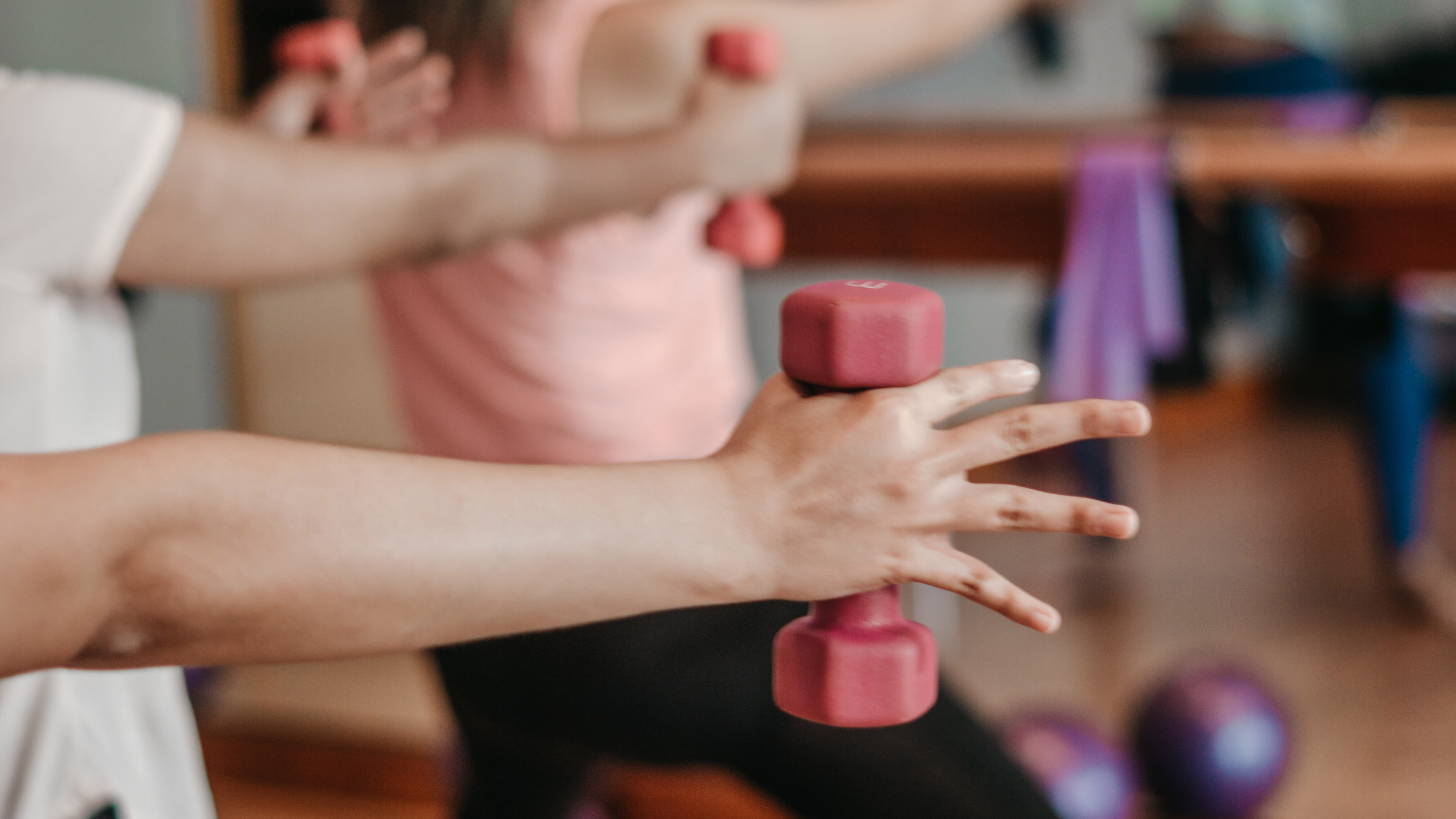
New Grants Roundup
Fall 2021
by Alison Grizzard

Bowles, W. (PD/PI), Anderson, C.M. (Co-I)
Nurse Education Practice Quality Retention Simulation Education Training.
Health Resources and Services Administration (HRSA). U4EHP42426. 2021-2023. $500,000.
The funding will assist lead researchers in addressing the education, practice and retention of nurses through a program titled, “the Enhancement of the Public Health Nurse Role in Simulation-based Interprofessional Team Education (EnSITE).” EnSITE is a new model for educating the next generation of nursing leaders to be capable of addressing the challenges facing our current healthcare system. EnSITE focuses on cultivating a future workforce of high-functioning, interprofessional teams who will make a difference in population health outcomes.
Happ, M.B. (MPI), Pickler, R.H. (MPI), participating faculty Mion, L.C., Monroe, T.B., Rose, K., Tate, J.
Supplement to Training in the Science of Health Development.
National Institutes of Health/National Institute of Nursing Research (NIH/NINR) with funding provided by the National Institute on Aging (NIA). T32NR014225. 2021-2022. $120,752.
This administrative supplement provides one year of funding for one predoctoral and one postdoctoral trainee, each with a research focus on the examination of the effect of lifecourse exposures and health determinants on Alzheimer’s disease (AD) and Alzheimer’s disease related dementias (ADRD), including AD and ADRD risk and cognitive changes in later life.

Militello, L. (PI), Kiourti, A. (Co-I), Mishra, V., Zhu, K.
Sleep-Well Baby Bedding.
The Ohio State University Accelerator Award from the Keenan Center for Entrepreneurship and Ohio Third Frontier. 2021-2022. $100,000.
This award supports a collaboration between investigators in the College of Nursing and the College of Engineering to commercialize a proprietary remote monitoring system to support natural adoption of infant safe sleep practices, while remaining cost-competitive with other intelligent baby monitoring products. “Sleep-Well Baby Bedding” detects whether a baby is in the preferred “back to sleep” position—lying down with face and torso facing up—using flexible, textile-based antennas that may be seamlessly integrated into crib sheets or a crib mattress.
Moss, K. (PI), Monroe, T.B. (Mentor), Tan, A. (Co-I).
Diversity Supplement to Sex Differences in Pain Reports and Brain Activation in Older Adults with Alzheimers Disease.
National Institutes of Health/National Institute on Aging (NIH/NIA). R01AG059861. 2021-2022. $145,207.
The overarching goal of the parent study is to examine sex differences in the psychophysical and neurophysiological response to experimental thermal stimuli between healthy males and females with and without mild-moderate Alzheimer’s disease (AD). This diversity supplement will extend data already collected as part of the parent study to examine racial differences in pain psychophysics and fMRI comparisons between Black and white older adults living with AD.
Ogboenyiya, A.A. (PI), Tubbs Cooley, H.L. (Mentor), Carle, A.C. (Co-Mentor), Pickler, R.H. (Co-Mentor).
Diversity Supplement to Enhancing Nursing Care Reliability in Neonatal Intensive Care Units.
National Institutes of Health/Eunice Kennedy Shriver National Institute of Child Health and Human Development (NIH/NICHD). R01HD100455. 2021-2022. $119,886.
The diversity supplement will support post-doctoral researcher Anisa A. Ogboenyiya in advancing her career training in the area of complex clinical data analysis to improve outcomes and reduce health disparities in neonatal intensive care. The overall objective of the supplement research study is to explore variation in nursing care reliability as a possible contributor to variation in neonatal outcomes for infants of different races and ethnicities.
Rinehart, C. (PD), Kritikos, N. (Co-I).
American Rescue Plan Act Funding for Health Centers.
Health Resources and Services Administration (HRSA). H8FCS40989. 2021-2022. $876,750.
The U.S. Department of Health and Human Services, through HRSA, invested more than $6 billion from the American Rescue Plan Act into HRSA-funded health centers nationwide to expand COVID-19 vaccinations, testing and treatment for vulnerable populations; deliver preventive and primary health care services to people at higher risk for COVID-19; and expand health centers’ operational capacity during the pandemic and beyond, including modifying and improving physical infrastructure and adding mobile units. HRSA provided funding to nearly 1,400 health centers, including the College of Nursing’s Total Health and Wellness Clinic.

Smith, L. (PI).
The Ohio State University Outreach and Engagement Grant. 2021. $9121.
This grant funds planning for a study to test the effects of the “Mentored Planning to Be Active+Family Reinforcement” intervention on physical activity outcomes and health outcomes for students in Appalachian middle schools. The research team led by Laureen Smith from the College of Nursing and Rick Petosa from the College of Education and Human Ecology plans to test the effects on outcomes of early intervention delivery compared to a delayed delivery among this high-risk population. The long-term goal of the larger study is to improve the cardiovascular health of underserved, high-risk youth by decreasing cardiovascular health disparities.
Warren, B. (PI).
Substance Use Disorder (SUD) Curriculum Development.
American Psychiatric Nurses Association (APNA) subaward with prime funding from the U.S. Department of Health and Human Services Substance Abuse and Mental Health Services Administration (HHS/SAMHSA). H79FG000022. 2021. $5,000.
This funding will support the development of a Substance Use Disorder (SUD) curriculum. The objectives will be to increase evidence-based and culturally informed SUD curricula by facilitating accessible and cohesive delivery of a curriculum; increase nurse educators’ knowledge of evidence-based and culturally informed SUD curriculum by providing multi-level SUD educational resources; and increase evidence-based SUD treatment competency via contextual experience and self-assessment.
In this issue
- Diane Von Ah: Solving Cancer Care Puzzles
- Faye Wattleton: Committed to Women's Health
- Amanda Parker: Finding the Light Within
- Publications with Passion
- New Grants Roundup
- Building Update
- Advancing EBP: Clinicians Dare to Dream
- Bridge Care: Denise Williams
- Student Mental Health Initiatives
- Student Life: Back to Campus
- Health Equity Scholars
- Young Alumni Blog
- Homecoming
- Connie Gallaher: Paying it Forward
- Virtual Trails
